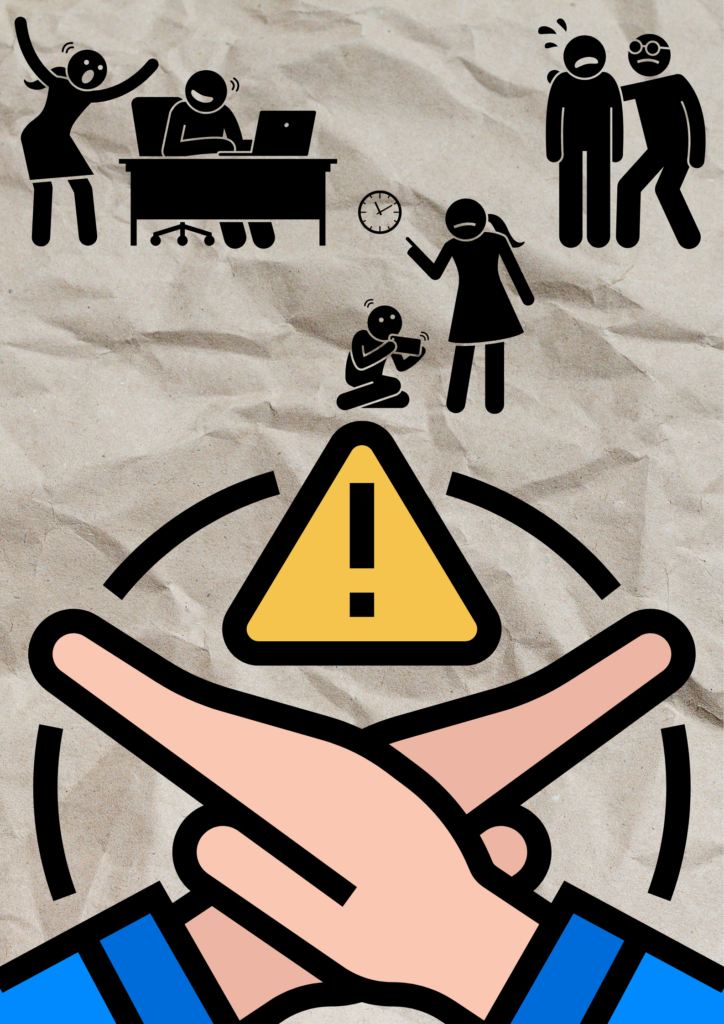The Corrosive Impact of Moral Policing

An Assault on Individual Liberty
Moral policing, a pernicious practice rooted in the misguided belief that one can dictate another’s morality, constitutes a grave assault on individual liberty. By imposing rigid standards of behavior, dress, or belief, it creates a climate of fear and intimidation where individuals are coerced into conformity or face social ostracism and even violence. This insidious form of control not only stifles personal expression but also undermines the fundamental principles of a free society.
Beyond the overt acts of coercion, moral policing also inflicts a more subtle form of oppression. It creates a pervasive atmosphere of surveillance and judgment, where individuals constantly feel the need to conform to unspoken societal expectations. This internalized pressure can lead to a sense of alienation, anxiety, and even depression. As philosopher John Stuart Mill argued, the freedom to think and act as one pleases, without harming others, is essential to human flourishing. Moral policing, by curtailing these freedoms, hinders personal growth and development.
Eroding Social Cohesion
Moral policing is a potent catalyst for social division and intolerance. By creating a stark dichotomy between the “moral” and the “immoral,” it fosters a climate of suspicion and hostility. This us-versus-them mentality often manifests in discriminatory practices, harassment, and acts of violence targeted at marginalized groups such as women, LGBTQ+ individuals, and religious minorities.
Moreover, moral policing undermines the essential principles of pluralism, where diverse perspectives and lifestyles are valued and respected. By imposing a single, monolithic morality, it erodes the rich tapestry of human experience and creates a culture of conformity. A truly inclusive society is one that celebrates difference, not one that seeks to suppress it.
Stifling Public Discourse
The tentacles of moral policing extend beyond interpersonal relationships to the realm of public discourse. By policing language and ideas, it creates a chilling effect that inhibits open and honest conversations about sensitive issues. This stifling of debate prevents the free exchange of ideas, hinders progress, and ultimately undermines the democratic process.
Furthermore, moral policing can be used as a tool to silence dissent and opposition. By labeling certain viewpoints as “immoral,” those who hold them can be marginalized and ostracized. This creates a self-censorship culture where people are afraid to express their opinions for fear of retribution. A vibrant and democratic society requires a marketplace of ideas where all perspectives are considered and debated.
A Call to Action
In conclusion, moral policing is a destructive force that erodes individual freedoms, divides communities, and stifles progress. It is imperative to challenge this harmful practice and create a society where diversity, tolerance, and respect are upheld as core values. By fostering a culture of empathy and understanding, we can dismantle the structures of moral policing and build a more inclusive and equitable future for all.
To achieve this, we must cultivate critical thinking skills and media literacy. We must also support organizations and individuals working to promote human rights and social justice. By standing up against moral policing and advocating for a more open and tolerant society, we can create a world where everyone feels free to be themselves.




















